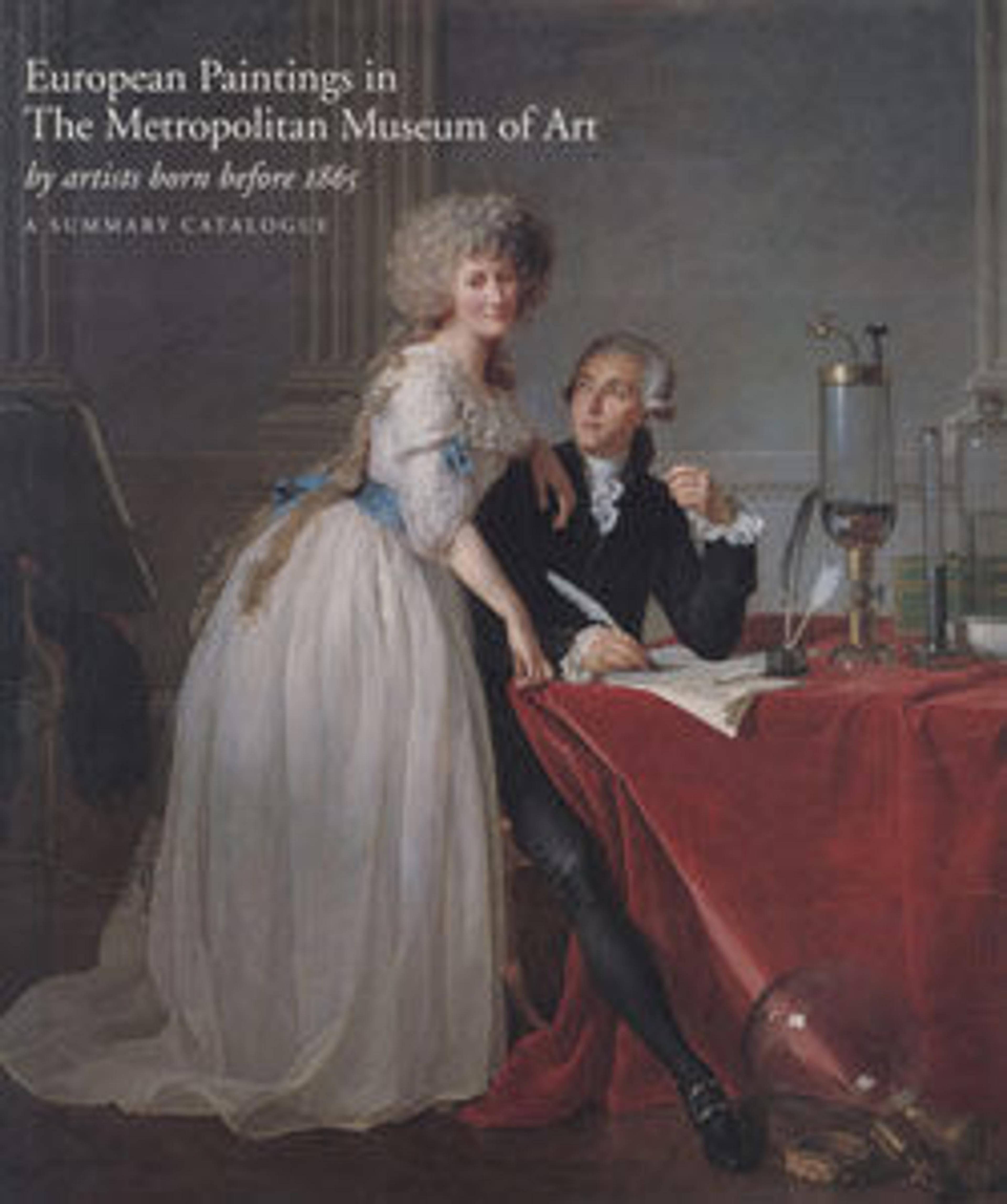The Crucifixion
The Crucifixion and the six half-length angels mounted within the frame are fragments of an altarpiece; however their current arrangement does not reflect that of the original altarpiece but rather a reconfiguration by a 19th-century collector. The Crucifixion originally formed the altarpiece's central pinnacle while the Six Angels originally comprised pilasters. The altarpiece was probably painted for Santa Maria degli Angeli, the Camaldolese church of Florence, perhaps for the chapel founded in 1365 and dedicated to Ognissanti (All Saints), which was funded by Ser Francesco di Ser Berto degli Albizzi. The altarpiece and its components have been variously attributed to members of the renowned family of Florentine painters: the brothers Andrea (known as Orcagna), Nardo, and Jacopo di Cione. The commission may have been given to Nardo in 1365 and taken over by Jacopo, following Nardo's death in 1366. The Cione brothers, especially Nardo, were involved in multiple commissions for Santa Maria degli Angeli.
Artwork Details
- Title: The Crucifixion
- Artist: Andrea di Cione (Orcagna) (Italian, Florence 1315/20–1368 Florence) , and workshop
- Date: ca. 1365
- Medium: Tempera on wood, gold ground
- Dimensions: 54 1/8 x 32 1/4 in. (137.5 x 81.9 cm)
- Classification: Paintings
- Credit Line: Robert Lehman Collection, 1975
- Object Number: 1975.1.65
- Curatorial Department: The Robert Lehman Collection
More Artwork
Research Resources
The Met provides unparalleled resources for research and welcomes an international community of students and scholars. The Met's Open Access API is where creators and researchers can connect to the The Met collection. Open Access data and public domain images are available for unrestricted commercial and noncommercial use without permission or fee.
To request images under copyright and other restrictions, please use this Image Request form.
Feedback
We continue to research and examine historical and cultural context for objects in The Met collection. If you have comments or questions about this object record, please complete and submit this form. The Museum looks forward to receiving your comments.
